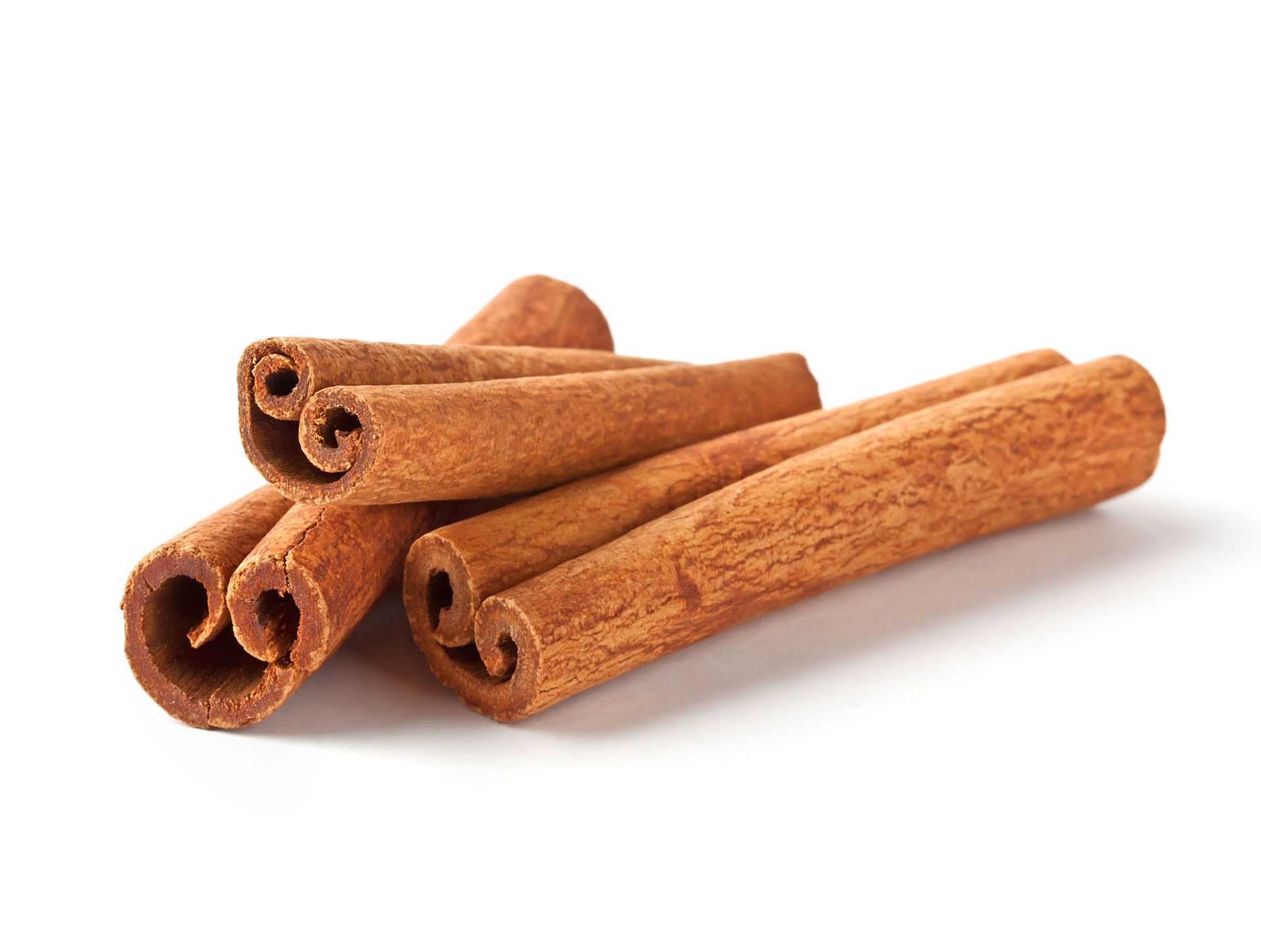The great thing about medicinal herbs is that we keep discovering new uses for herbs that we have known for a long time. True cinnamon (Cinnamomum verum) is just such an herb. We know it well because our mothers used it to flavour their apple desserts and we are familiar with its pungent flavour after chewing on cinnamon sticks. It is also part of Chinese and Ayurvedic medicines and it is a secret ingredient in many slow-cooked dishes of Oriental cuisine.
History and Traditional Uses
Known historically to soothe digestive troubles (stomach upset, colic, nausea, indigestion) and respiratory problems (cough, colds, allergies), cinnamon is included in the pharmacopeia of many alternative and complementary medicines.
Blood-sugar regulator: Type 2 Diabetes
Diabetes seems to be the curse of our century, linked with junk food, obesity and modern life. The real cure to stop this disease is a change in diet, no miracle drug can do the job. Many researchers are interested in herbs that could improve the blood-sugar response and cinnamon seems particularly promising. Many studies are showing that cinnamon powder improves the effect of insulin and regulates blood-sugar, even in those already being treated for diabetes.
Antimicrobial and Digestive
Cinnamon also shows a strong antimicrobial activity. It can be used on wounds and incisions to promote healing. It is known that cinnamon effectively neutralises certain pathogens lodged in the digestive system, particularly the Candida albicans yeast and the Helicobacter pylori bacteria associated with stomach ulcers.
Neurological Troubles: Parkinson
In 2014, American researchers published the results of a study on the effects of cinnamon on Parkinson’s disease. By acting on two key proteins in the brain, cinnamon could normalise neurotransmitter levels, reduce the degeneration of neurons and increase the production of dopamine, a neurotransmitter implicated in Parkinson’s. This could slow the progression of the disease and improve motor control. These results are still preliminary but as cinnamon has no side-effects, is easily accessible and cheap, why not add it to the menu right away? The risks are small and the benefits are great!
Distinguishing real and false cinnamon
There are two types of cinnamon: true cinnamon (Cinnamomum zeylandicum or Cinnamomum verum) and cassia (Cassia cinnamomum, Cinnamomum aromaticum), referred too as Chinese cinnamon or usually called just cinnamon. They both taste like cinnamon and have similar colour and smell. Chinese cinnamon is much used in cooking and is most popular on the North American market. However, if we want the therapeutic benefits of cinnamon, it is essential to use true cinnamon which has stronger medicinal properties and is less toxic when used in large quantities.
Experience cinnamon: sprinkle it on raw apple pieces, include it in your smoothies, add it to cakes, breads, muffins, pancakes, couscous and tajines, in your rice and cereals, in sweet as well as salty dishes. Warm yourself up with a hot apple cider with cinnamon, invent recipes for ice-cold lemonades with cinnamon, ginger and lemon. Cinnamon tastes strong… but so good!
Spice up your life and live healthier!


